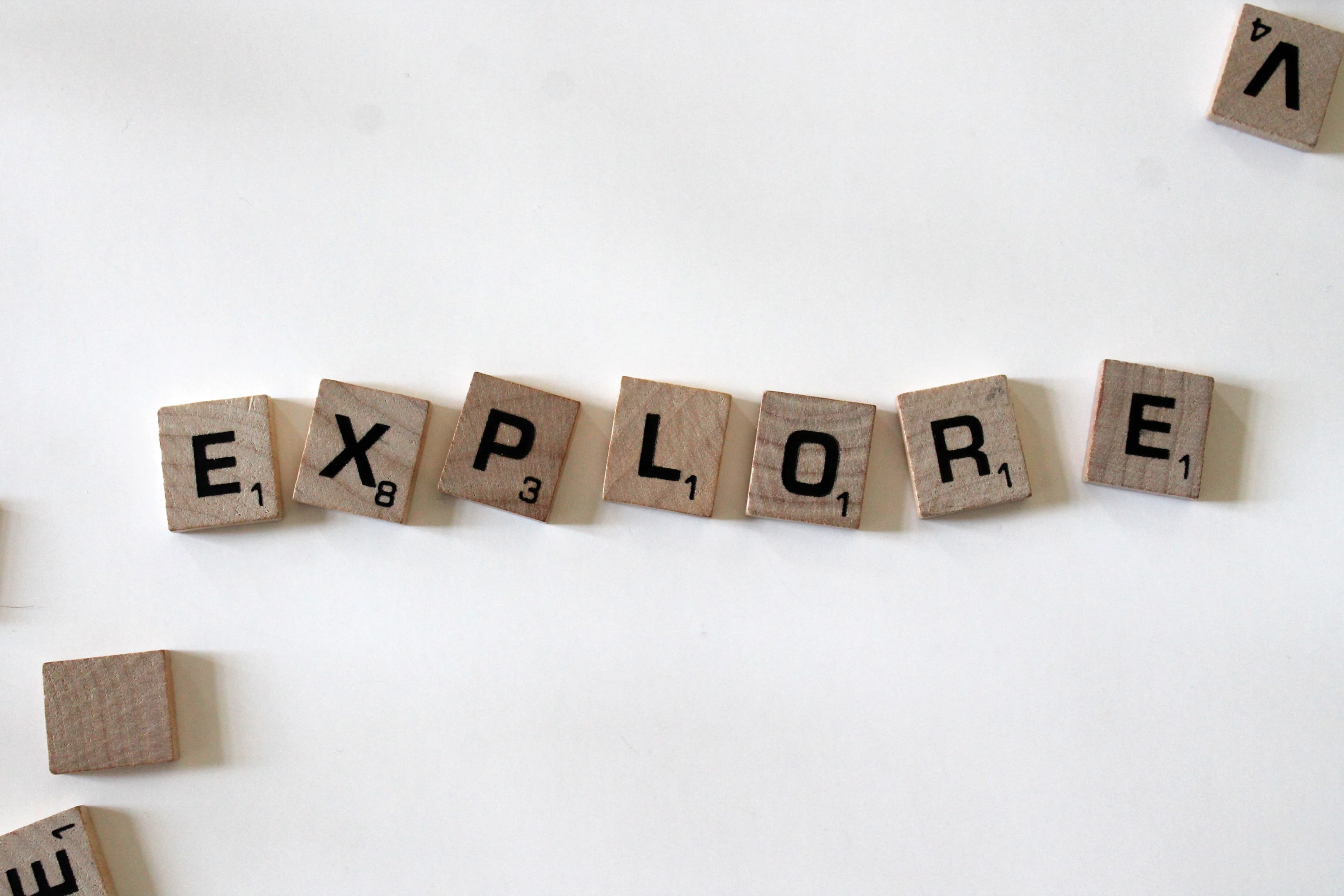
Innovation speech everywhere? If you have no clue how Demola works or what on earth is this all about, don’t worry. Our facilitators Erik, Heikku and Matthew will help you to dive into the world of Demola by explaining some of the most common words used by us.
A
Alliance university: +50 universities around the world, which are part of Demola Alliance network. Students from alliance universities can apply to Demola innovation challenges both locally and internationally and gain credit points.
C
Certificate: A document that verifies the completion of a Demola innovation challenge. All the participants, both students and partners, get these globally valued certificates at the end of their Demola journey.
Co-creation: The process where organizations work together with consumers to create new value. Demola innovation challenges are based on co-creation, as students and experts from organizations work together to solve future challenges.
D
Demo: A demonstration how a product or service works, not a market-ready product. A good demo illustrates the value the actual end product provides. Every Demola team creates a demo during their innovation challenge.
F
Facilitator: A person who makes an action or process easy or easier. At Demola, this is the person who runs the most important events and helps and guides teams through the Demola process. However, the Demola facilitator is not a member of the team.
Final Demonstration: An event where teams present their demos and findings in the form of a pitch. This is the fourth and final milestone in the Demola process.
I
Innovation challenge: A clear statement expressing a goal without specifying how to reach that goal. With Demola, a multidisciplinary team of university students and company’s experts work together in an innovation challenge set by the company. During an eight-week process, the team co-creates solutions to the given theme.
IP Ownership: At Demola, a student team owns the Intellectual Property (IP) rights to the results they create during the Demola process, meaning that they can use those results however they choose. This includes, but is not limited to creating start-ups, selling the findings to companies, and creating patents. The partner organization, on the other hand, has a license to the results.
J
Jam 1: Jam 1 is a Demola workshop day that is arranged usually in two weeks from the start of the innovation challenge. It focuses on guiding Demola teams systematically from the phase called Discovery Phase into the Ideation & Prototyping phase.
Jam 2: Jam 2 is a workshop day that helps Demola teams maintain their progress toward a well validated solution after 5 weeks of working together. At Jam 2, teams have the opportunity to discuss their findings and proposed solutions with experts from the local ecosystem (for example university professors) in order to get feedback and suggestions.
K
Kick-Off: The first of four milestones, the Kick-Off is a workshop day where teams first meet. At the Kick-Off, teams get to know each other and start to discover more about the innovation challenge they have been selected to take part in.
M
Milestone: An important event in the development of a team’s innovation challenge. There are four milestones in the Demola process: Kick-Off, Jam 1, Jam 2, and Final Demonstration.
O
Open application: If a student is interested in Demola innovation challenges but cannot find a match from Demola’s challenge selection, they can leave an open application to Demola. Demola accepts student applications throughout the year, and students can update and target their applications later to specific challenges when such challenges are published on our website.
P
Partner: A partner works for the partner organization (usually a company) and represents the partner organization in a Demola challenge. The partner will work as a team member with students and bring their expertise to the team.
W
Weak signals: Weak signals are indicators that show potentially emerging issues or change in the future. For example, dumpster divers can be interpreted as a weak signal toward a more sustainable consumption trend.
Share this event with anyone you think would be interested.